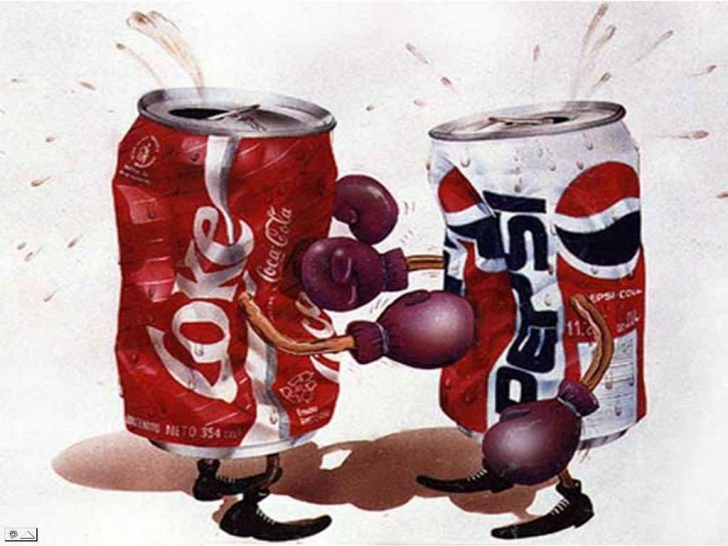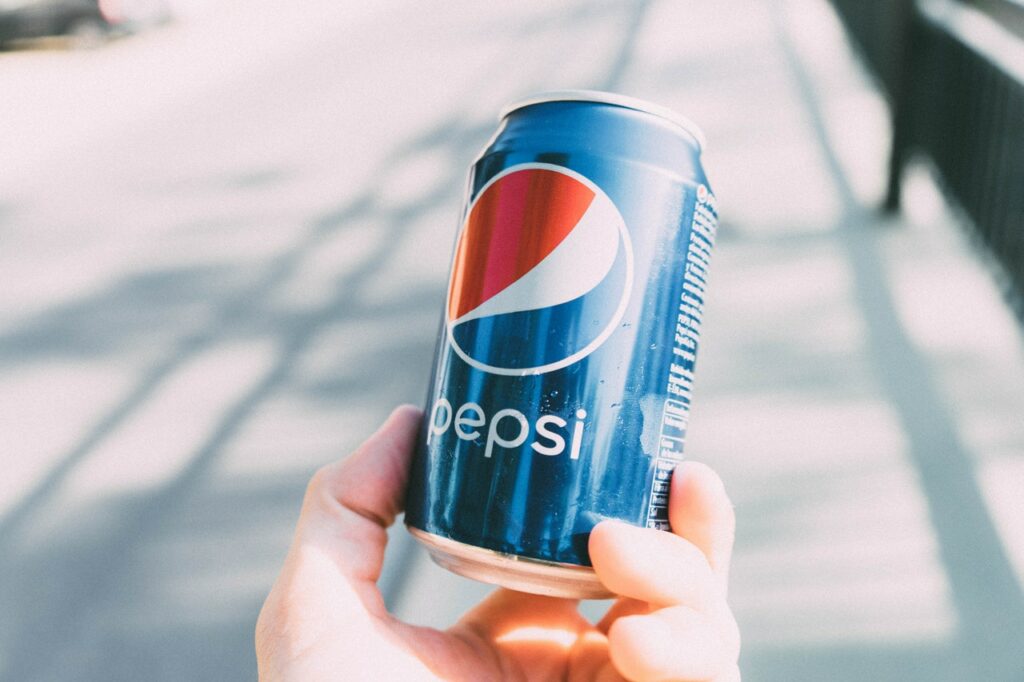One of the important aspects of Marketing UX is understanding human psychology. I set a goal to read a maximum number of books by the end of 2021. And one of them was Blink by Malcolm Gladwell, a must-read for marketers. Among the many examples and case studies he shared in the book, one stood out from me from the rest.

The rivalry between Pepsi and Coca Cola has been a long-standing one. In 1975, Pepsi ran an experiment called the Pepsi Challenge. Tasting booths were placed in supermarkets, sports areas and state fairs. Participants drank cola from two unmarked cups and were asked which beverage they liked better. Who do you think won? The results were overwhelming. Pepsi had beaten Coca Cola at almost every venue and across demographics. But why does Coke enjoy the lion’s share of the market (nearly 43.75%) while Pepsi has only around 19%?
A research professor at Baylor College of Medicine decided to test this to understand the physiological reasons why consumers made this choice. Here are his findings:
- Bling test: The test participants did not know which brand of cola they were drinking. Pepsi came out on top. The professor analyzed brain activity using an fMRI scanner and found that the ventral putamen, the part of the brain that makes up the reward system, lit up.
- Controlled test: The test participants knew what they were drinking. In this case, the reward system showed no involvement but the cerebral cortex, the higher-level decision-making part of the brain, showed activity. People weren’t evaluating flavour; They were evaluating the experience and memories associated with the brand. And when this happened, Coke beat Pepsi.
Sergio Zyman, Coke’s CMO at the time, said, “What went wrong? The answer was embarrassingly simple. We did not know enough about our consumers. We did not even know what motivated them to buy Coke in the first place. After the debacle, we reached out to consumers and found that they wanted more than taste when they made their purchase decision. Drinking Coke enabled them to tap into the Coca-Cola experience, to be part of Coke’s history and to feel the continuity and stability of the brand. As soon as we started listening to them, consumers responded, increasing our sales from 9 billion to 15 billion a year.”
People don’t buy a product for its features or pricing. They go by how it made them feel from the inception of their journey. And this makes the brand experience crucial.

Why is Branding Important?
#1 Attention Grabber:
Our attention span is very limited. With the rise of technology and innovation, grabbing people’s attention is the biggest challenge. With unique branding, your business doesn’t just break through the clutter but also grab people’s attention.
#2 Emotional Connection:
Scientists have proof that people make decisions emotionally. Be it B2B or B2C products, there is always emotion involved. Branding is more than just a logo or a tagline. It’s a feeling your brand invokes in its customers. The emotional connection is what transforms a prospect to a customer and a customer to brand advocate.
#3 Stand Out From Your Competition:
Branding is one way your customers tell your brand from the competition. Branding helps you showcase how you’re different, unique, and special.
#4 Loyal Customers:
73% of consumers say a good experience is key in influencing their brand loyalties. Branding transforms first-time buyers into lifetime customers and turns an indifferent audience into brand evangelists. Strong brands build the impression on the consumer’s mind that they are familiar, dependable, and trustworthy. Once a brand has established this, your customers do the marketing for you — advocating and talking about you whenever possible.
#5 Brand Recognition:
When you think about fizzy drinks, Coke is probably the first image that comes to mind. The brand is an idea or an image people have in their mind when they think about a category of products or services. Brands are only as successful as their recall.
#6 It can NEVER be copied:
Unlike a product, whose features are easily copied by other players, a brand will always be unique. For example, Pepsi and Coke taste and look similar, but a majority of the people prefer Coke over Pepsi because of their branding.
#7 Trust:
Building trust with your customers is extremely important for any brand. A brand creates the impression of being an industry expert and can make customer feel like they can rely on it. In other words, if you want your business to succeed, branding is non-negotiable.
Conclusion
Ultimately, the product is what you sell and the brand is the image in your consumer’s mind. At every single touchpoint, you need to showcase value and emotional experience. As a marketer, it’s the first impression created in your customer’s mind. Marketers who keep their consumer needs and their brand promise, as the heart of their investment will succeed.

